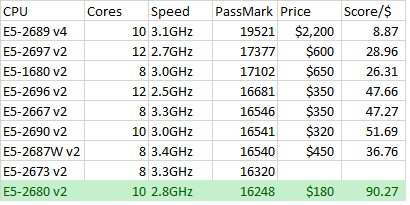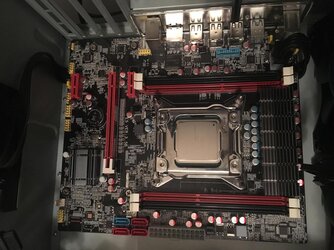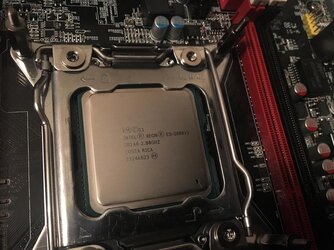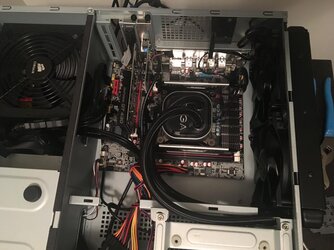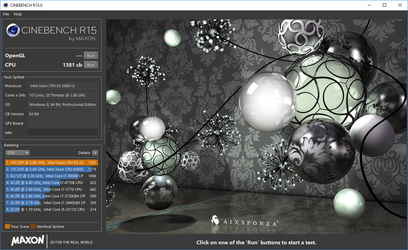Are you transcoding? Or direct playing? (Ie, if you play a 1080p file to a 1080p screen and the player hardware supports the codec, there is no transcoding happening, unless you force it by selecting a lower quality.
Everything I’ve read suggests that Plex only supports hardware transcoding on Intel brand Integrated GPUs. Which it looks like you have on your QNAP. However, it only supports H.264. Most blu-ray and DVD content is (or should be) encoded in H.264 so you’re fine there, but if you get into storing and playing back any 4K content, it will bring your Celeron to its knees since most 4K content will be encoded with H.265/HEVC and it will be forced to try to software encode it. You could even run into some blu-ray titles being H.265 since it’s becoming more popular (better quality, smaller files). Even these 1080p files would be forced into software transcoding and your celeron would struggle with even one stream.
In any case, my new 10-core setup will easily handle multiple streams of 1080p transcodes. And I’m interest to see how it will handle 4K content as well.
